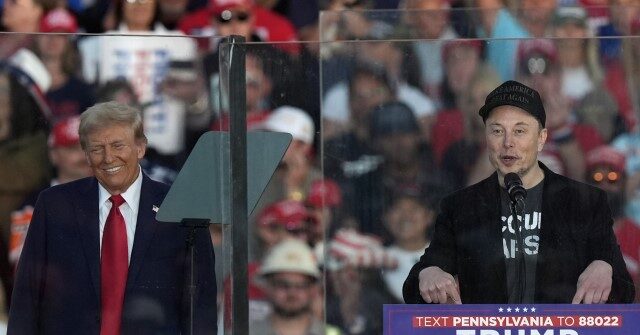The California Coastal Commission recently denied a proposal for Elon Musk’s SpaceX to launch vital satellites from Vandenberg Air Force Base, primarily due to concerns over Musk’s political involvement and behavior. The commission’s 6-4 vote against the Air Force’s request was indicative of a broader apprehension regarding Musk’s actions and statements, which included his active participation in the presidential race and perceived misinformation across various platforms. The decision posed significant ramifications for SpaceX’s operational ambitions, particularly as the company sought to increase its launch capacity substantially, from a previously agreed number of annual launches.
During the commission’s meeting in San Diego, Commissioner Gretchen Newsom articulated the committee’s dissatisfaction with Musk, accusing him of engaging in “political falsehoods” while simultaneously leveraging his company to provide assistance during disasters. The commission’s primary focus was on protecting the California coast and managing environmental concerns associated with increased launches. This meeting marked a continuation of discussions that had been ongoing since May 2023, with the Air Force advocating for a reduced permitting burden on SpaceX, leading to friction with commissioners cautious about the military contractor’s influence on public land and resources.
A key sticking point in the negotiations was the Air Force’s initial request to exempt SpaceX from acquiring separate permits for rocket launches, even those not intended for military payloads. Some commissioners voiced doubts about whether SpaceX truly qualified as an integral part of the federal government and its military operations, highlighting the ongoing conflict between environmental governance and military interests. Commissioner Dayna Bochco stressed that the Air Force had not adequately justified SpaceX’s classification, a sentiment that resonated strongly within the commission’s discussions.
Previous interactions between the California Coastal Commission and the Space Force had seen some progress, with an earlier agreement allowing SpaceX to raise its launch quota from six to thirty-six annually, contingent on certain environmental protections and public access measures. However, as military representatives failed to affirm their compliance with these conditions during the latest meeting, lingering discontent among commissioners re-emerged. Perceptions of Musk’s management style, along with his political actions, eluded any substantive endorsement of SpaceX, which complicated the negotiations further.
Despite a seemingly conciliatory gesture by the Air Force in September, when they agreed to commission conditions aimed at addressing environmental and access concerns, the commission ultimately concluded that Musk’s political narrative overshadowed these efforts. Commission Chair Caryl Hart encapsulated this sentiment, acknowledging the Space Force’s contributions while simultaneously expressing discomfort regarding Musk’s influence on the situation and the potential repercussions of his political pursuits on SpaceX’s operations.
Although Commissioner Justin Cummings supported the proposed increase in launches, he echoed concerns about the environmental implications and the lack of transparency regarding SpaceX’s military contractor status. The absence of SpaceX officials during the hearing, who instead provided remarks via Zoom, suggested a disconnect between the company and the state-level regulatory process. The commission’s final decision reflected a blend of environmental stewardship concerns and hesitations regarding an outspoken leader whose actions have increasingly become intertwined with political dynamics, urging a reevaluation of how such entities are allowed to operate within shared public spaces.

